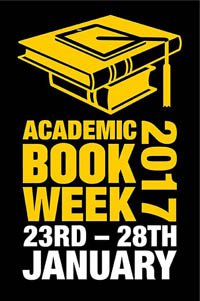
The print version of this article can be downloaded as a PDF file.
Professor Mary Morgan FBA is the British Academy’s Vice-President (Publications), and she has been a member of the Strategy Board for the Academic Book of the Future project.
Reports of the death of the monograph will, surely, always be premature. It is not just that books have the potential for an enviably long life: they come reading-ready straight from the shelf or computer screen, and reappear in brand new covers when stock runs out and they are republished or reissued. It is not just that book publishers show little sign of disappearing – they are reputed to be amongst the oldest and most long-lived companies we have in Britain (along with breweries). Rather, it is that despite predictions that changes in publishing and reading technologies will kill the book, more monographs are published, new forms of the monograph are being developed, and new academic publishers are opening up lists. The book is far from dead, but we still need to care for it, and its environment, to maintain its evolution.
One of the keys to this continued life of the book is that technological change did not cause the academic book to die, as some thought it would. Perhaps this mis-prediction came from misunderstandings about the nature of books. The powerful growth of ‘information technology’ suggested that perhaps books merely held information, when in fact they were repositories of knowledge, and even sources of wisdom (to paraphrase T.S. Eliot). The possibilities of being able to download at will (or at least via a licence for an ebook) suggested that perhaps books were square screens of words, that could be searched for useful bits of learning as if they were all reference books. But most books don’t exist just to be consulted as sources of information – rather they are for reading – for insight, enlightenment, provocation, understanding, and even enjoyment.

Indeed the varied articles in this issue are evidence of how important academic books are – not in academic terms – but for their ability to get to grips with the world, and to enlighten readers regardless of their allegiances and reasons for reading.